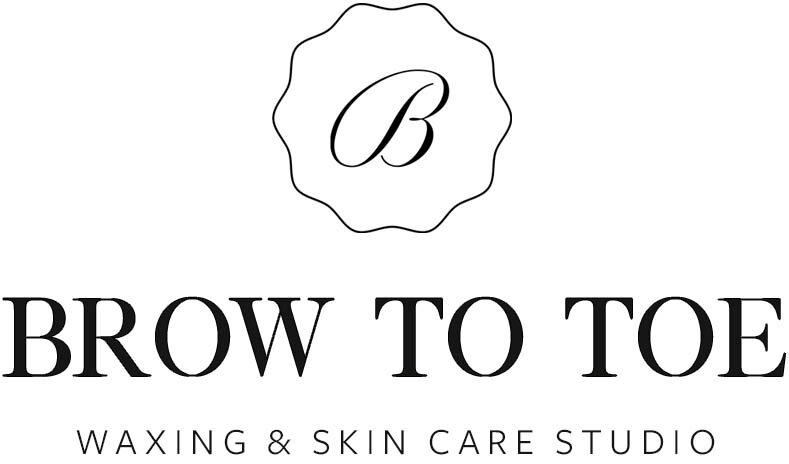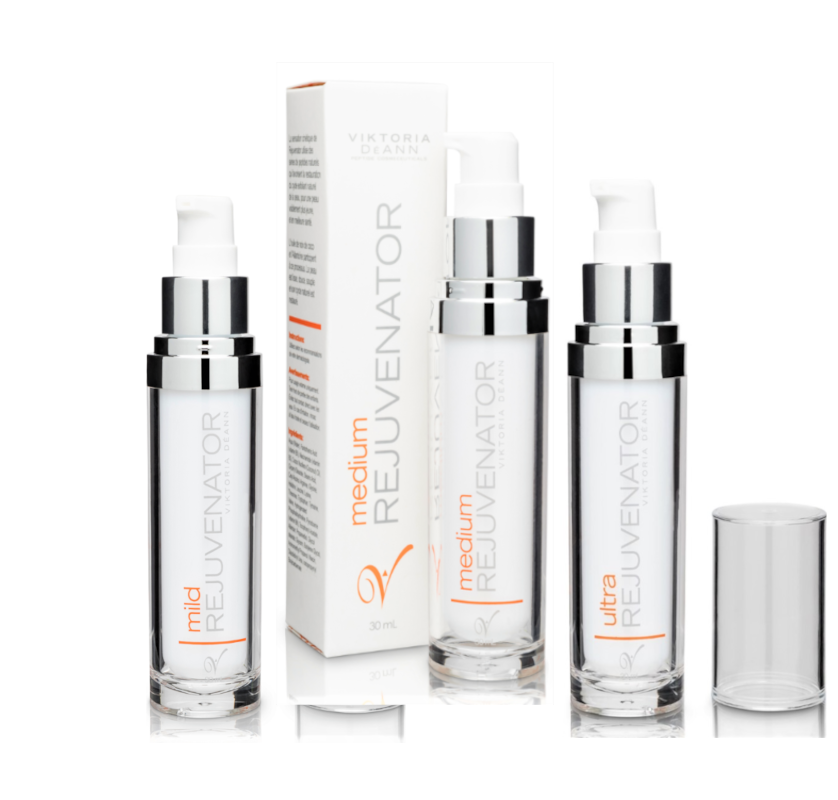Niacinamide and Retinol - Should You Use Them Together?
Like most women over 30, you're probably always looking for new skincare products that can help improve your skin. After all, who doesn't want to have flawless skin? Niacinamide and retinol are two popular skincare ingredients often found in anti-aging products. But what exactly do they do? And more importantly, should you use them together? Let's take a closer look.
Niacinamide
Niacinamide is a form of vitamin B3 that's water-soluble. It's often used in skin care products because it can help with various skin concerns, including acne, inflammation, and hyperpigmentation. Niacinamide can also help reduce the appearance of fine lines and wrinkles, making it a popular choice for anti-aging products.
One of the most significant benefits of niacinamide is that it's gentle enough for all skin types, including sensitive skin. Additionally, the sunlight does not break down niacinamide so you can use it during the day. It is also a popular alternative for clients who still want the benefits of retinol during the summer months while enjoying time outdoors. Lastly, niacinamide is an excellent alternative for pregnant women and breastfeeding mothers. It can help control acne breakouts and pigmentation often associated with hormonal changes.
Viktoria Deann Rejuvenator is my favorite niacinamide product! Why? Because it comes in three strengths, mild, medium, and ultra, and combines with other powerhouse ingredients. Your esthetician will work with you to determine which strength is ideal based on your skin type and condition. The medium and ultra have been my go-to. Additionally, my clients who want a more natural approach to anti-aging opt for the Viktoria Deann Rejuvenator instead of retinol or acids.
Retinol
Retinol is another popular skincare ingredient derived from vitamin A. Like niacinamide, retinol can also help with various skin concerns, including acne, fine lines, and wrinkles. Retinol works by increasing cell turnover, which helps improve the overall appearance of your skin.
The biggest downside of retinol is that it can be very drying and irritating, especially for sensitive skin. As a result, you will have to introduce it into your skincare routine slowly. For example, you may start with two to three times a day and gradually work your way up. Depending on how your skin responds, you may only be able to use it a few days a week. We recommend the Nakira Skin® Hydrate and Repair Serum, which is a retinol serum. It includes hyaluronic acid, aloe vera, and jojoba oils, which help retain moisture, calm the skin, and keep it soft and balanced.
Two considerations when using retinol are that you shouldn't use it while breastfeeding and/or pregnant. Next, the sun makes retinol inactive; therefore, it is not ideal for applying retinol and then spending time outdoors.
Can You Use Niacinimide and Retinol Together?
Now that we know a little bit more about niacinamide and retinol, you may wonder if it's a good idea to use them together as part of your skincare routine. The answer is yes! Using them together can provide you with even more benefits. When used together, niacinamide can help reduce the irritation often associated with retinol. Additionally, niacinamide can also help your skin absorb retinol better. As a result, you may be able to use a lower concentration of retinol or not use it as often, which can help reduce the risk of irritation.
If you're interested in using niacinamide and retinol together, I recommend using them in different products. For example, you may use a niacinamide serum during the day and a retinol product at night. Or you can use the retinol on the nights you don't use the retinol.
Niacinamide and retinol are two popular skincare ingredients that offer a variety of benefits for the skin. When used together, niacinamide can help reduce the irritation often associated with retinol. Additionally, niacinamide can also help your skin absorb retinol better. Using them together can provide you with even more benefits. If you're interested in using niacinamide and retinol together, I recommend using them in different products. Remember to start slowly and pay attention to avoid irritation. Lastly, niacinamide is an excellent alternative for those who can't use retinol or prefer a more natural option.



